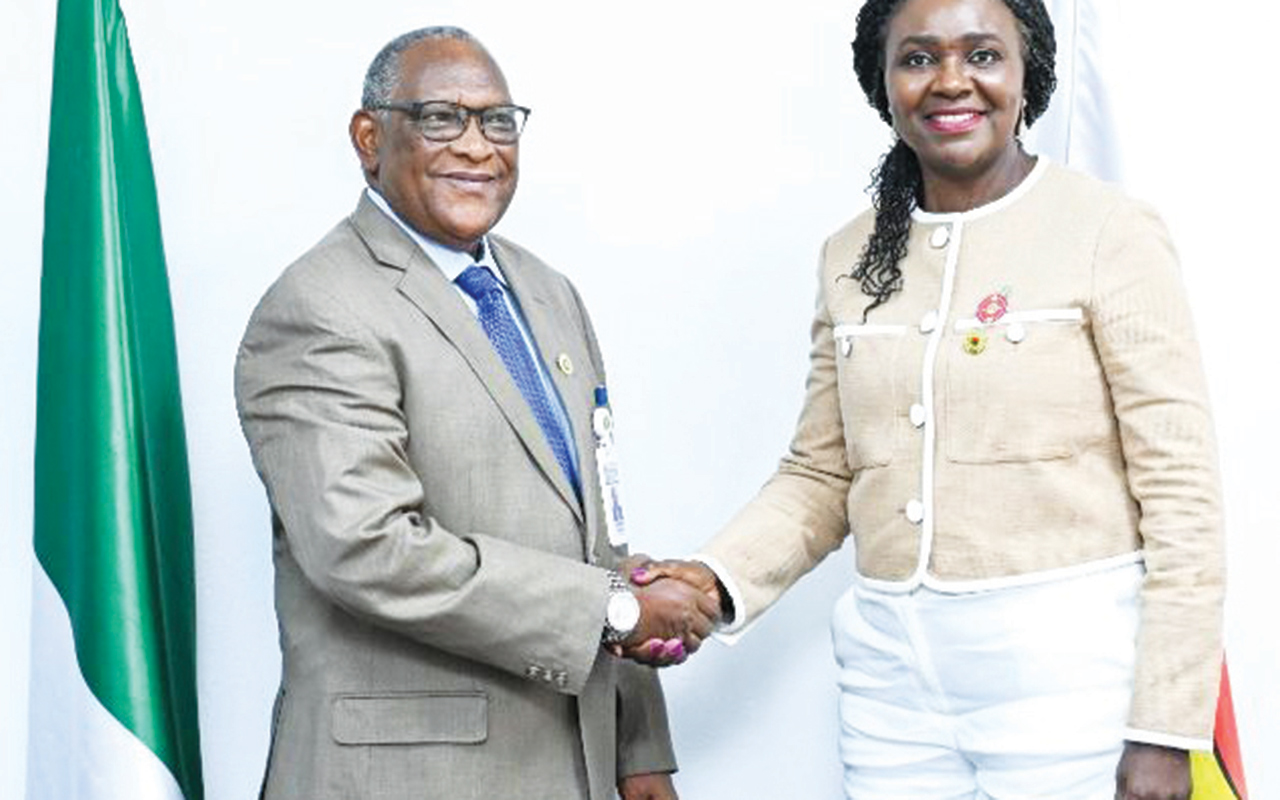The Executive Secretary and Chief Executive Officer of the Financial Reporting Council of Nigeria (FRC), Dr Rabiu Olowo, has called for urgent and coordinated efforts to deepen actuarial capacity and embed resilience in Nigeria’s financial systems.
While delivering a keynote at the 2025 Nigerian Actuarial Society (NAS) Yearly Industry Conference in Lagos, Olowo described actuaries as critical players in shaping long-term decisions and navigating uncertainty in an increasingly complex world.
He said global shifts from artificial intelligence (AI) to climate change and geopolitical realignments have redefined how value is measured and risks assessed while placing new demands on the actuarial profession.
He stressed that Nigeria must act decisively to close the gap in actuarial expertise, noting that the country has fewer than 30 qualified actuaries compared to South Africa’s 2,000.
“This is a capacity gap that directly affects our ability to manage pension funds, price risk, value liabilities, and attract investment, but we are not standing still,” Olowo said.
To address this challenge, Olowo outlined several strategic initiatives led by the FRC, including the operationalisation of the Directorate of Actuarial Standards, development of the Nigerian Actuarial Development Programme (NADP) and the rollout of the Draft Nigerian Actuarial Practice Regulations 2025, which proposes the adoption of International Standards of Actuarial Practice (ISAPs).
He also announced expanded support for actuarial education and professional development. These include bursaries for FRC staff pursuing actuarial qualifications, exam fee refunds for Nigerians who pass international actuarial exams, mentorship support for MSc students and a ‘catch them young’ advocacy programme that has reached over 10,000 students in universities and secondary schools.
Looking ahead, the FRC is collaborating with the Federal Ministry of Education and the Federal Ministry of Industry, Trade and Investment to develop a national policy on actuarial education and professional development.
This will introduce actuarial science at the senior secondary level, redesign curricula, train educators and provide federal funding for actuarial education.
“Today’s actuaries are not just designing insurance products or calculating pension liabilities, they are modelling the financial implications of climate change, advising on digital risks, and supporting financial stability through stress testing and solvency analysis. We depend on them to help answer some of the most difficult questions facing our economy,” Olowo said.
He urged all stakeholders, regulators, academia, industry and international partners to collaborate, embed purpose into their work and build financial resilience not only in institutions but across governance, education and public policy.
The President of the Nigerian Actuarial Society, Jolaolu Fakoya, welcomed participants to the conference with a call to reimagine the role of actuaries in a world increasingly defined by uncertainty, disruption and transformation.
He described the conference as more than a gathering of professionals, but a platform for bold thinking, meaningful collaboration, and impactful action.
Reflecting on the conference theme, Fakoya challenged professionals not just to survive volatility but to grow stronger through it, citing author Nassim Nicholas Taleb’s concept of “antifragility”, the ability of systems to improve under stress.
“It is not sufficient for institutions or professionals to simply survive volatility, we must learn to create value from it, to adapt, and to grow stronger,” he said.






